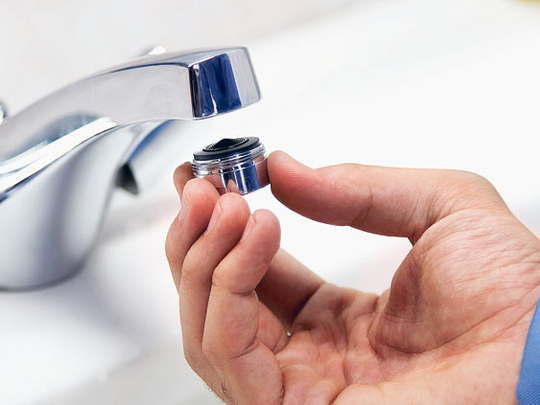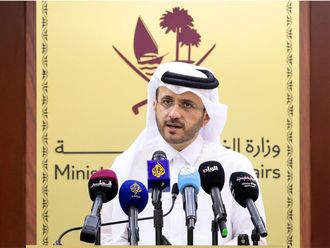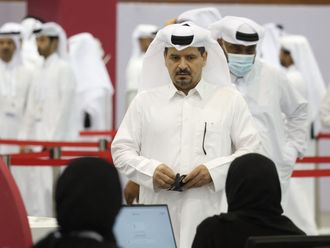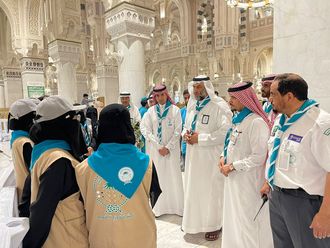
Manama: Children should be educated on the wise and sustainable use of water to ensure that they do not inadvertently waste the precious resource, an expert from Unesco has suggested.
“Children constitute a critical mass for wasting, mismanaging and misusing water,” Dr Abdullah Bubtana said.
The former Director of Unesco Doha office and former Chief of the UN’s higher education section has mooted several recommendations in a paper commissioned by the Doha office.
“It is important to teach children to treat water resources with respect and to conserve and reuse water whenever possible,” he said, quoted by Qatari daily Gulf Times.
“Children’s inability to conceive the catastrophic impact on future generations, environment, agriculture, and human and animal life often leads them to wasting water, he said.
“In countries suffering from severe shortage of water, particularly in the Gulf region, children express careless attitudes towards the issues and challenges faced by many nations due to drought, depletion of water resources and climate change,” Bubtana said.
Children should learn that millions of people in Africa die from thirst or drinking contaminated water and must know that in Australia, urban areas and cities may be evacuated due to the unavailability of water.
Such facts do have an emotional impact on students and help shape positive attitudes towards water conservation and sustainable use of water, he said.
“Studies have proved that children and young adults are the major water wasters in the entire community.”
He added that urgent modifications to the children’s attitudes were a shared responsibility between parents, schools, media organs, non-governmental organisations and the entire society.
Although water conservation ranks high on almost all UN agencies, thousands of NGOs, governments and all communities around the world, education and the media remain the most instrumental and effective organs in ushering in a positive change in children towards water conservation.
“In many developed countries, such as the US, education on water conservation is an important component of school curricula,” Bubtana said.
Teaching materials, conservation kits and teachers guides are made available in all school districts. A system of monitoring the impact of such education on children’s attitudes and behaviours are set in place in almost all schools.
In countries including the US and Australia, education on water conservation is also provided for the whole community.












